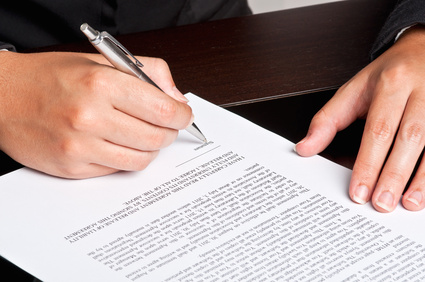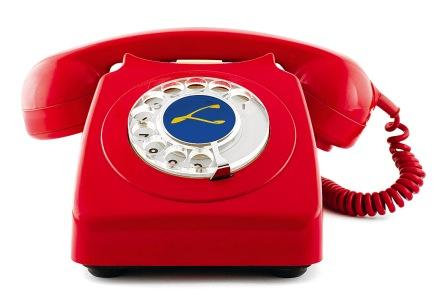Published on: January 3, 2017
 Filing for disability with the Social Security Administration (SSA) can be a massive burden for many. For the recently disabled, the challenges in simply adjusting to life with a disabling condition can be tough enough without adding the struggles of dealing with a massive, overloaded bureaucracy to the list.
Filing for disability with the Social Security Administration (SSA) can be a massive burden for many. For the recently disabled, the challenges in simply adjusting to life with a disabling condition can be tough enough without adding the struggles of dealing with a massive, overloaded bureaucracy to the list.
Unfortunately, all too many disability applicants make a few basic mistakes when they file for Social Security Disability Insurance (SSDI) benefits with the SSA.
What are these mistakes, and how can you avoid them?
1: Not Gathering Enough Medical Evidence
One of the most common mistakes that applicants make is assuming that their condition is so obvious and self-evident that they don’t need to collect a bunch of evidence to prove it. While the SSA does have compassionate allowances for some conditions for some conditions that are so severe that they almost always qualify for disability, the Disability Determination Service (DDS) still needs to review comprehensive evidence proving that you have the listed condition.
So, many valid claims that should have been accepted get rejected because of a lack of medical evidence.
The best way to avoid this costly mistake is to work with your doctors/specialists to collect as much verifiable documentation of your condition and its progression as possible—including any treatment regimens you may be following.
2: Failing to Follow a Doctor’s Prescribed Treatment
Speaking of treatment regimens, another all-too-common mistake made by disability applicants is that they forget to follow and document their treatment regimens as prescribed by their doctors.
If your condition could improve with treatment, the SSA may use a failure to follow reasonably-prescribed treatments as grounds to reject the application.
So, the best way to avoid this mistake is to comply with your doctor’s recommended treatment or therapy regimen if you can.
Note that the SSA may forego this requirement if:
- Your condition precludes you from following the therapy
- Treatment costs would be beyond your ability to pay
- The treatment would violate your religious beliefs
- Another doctor disagrees with the recommended treatment
If you cannot follow the treatment regimen recommended to you by your doctor for any reason, be sure to document that reason thoroughly.

3: Not Communicating with the SSA
Over the course of your disability application, the SSA may need to communicate with you to set up consultative examinations, request paperwork, or even make sure you can receive your SSDI payments if approved.
However, many applicants fail to stay in touch. This can be for a number of reasons, such as having to move because they cannot pay bills until they start receiving benefits, or losing access to their phones, etc.
Unfortunately, it can be difficult to keep up a permanent address or phone number when a disability keeps you from holding a job and earning income.
One of the best things you can do to avoid this mistake is to have a secondary way of being reached by the SSA that is relatively secure, such as a free email account. Another good idea is to ask a relative (or your Social Security advocate) to be an emergency point of contact that can forward messages from the SSA to you. Note that if you have a Disability Repreentative, a copy of any correspondence sent to you is sent to your Representative as well.
Also, if you must change your address or phone number while applying for SSDI, be sure to let the SSA know as soon as possible.
Staying in touch is often the key to successfully winning the benefits you’re owed.
4: Giving Up After a Single Rejection
One of the biggest and most common mistakes that we see people with legitimate disability cases make is giving up after a single rejection.
There exist a multitude of reasons why a disability claim may be rejected by the SSA at first—many of them minor technicalities that are easily fixed.
Just because your initial claim was rejected doesn’t mean you should give up hope of being able to provide for yourself and your family. You may just need a little help organizing your case and making sure that you’ve avoided the basic mistakes that lead to a claims rejection.
Disability Experts of Florida is here to help you with your disability claim in the sunshine state—if you need us.

